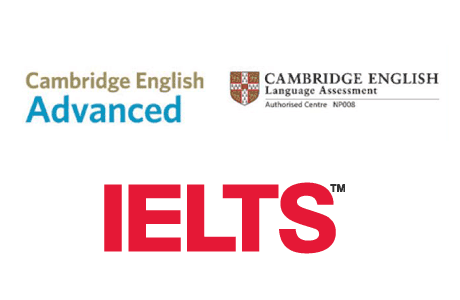Substitute for IELTS

Uttam Prasad Pant
Nepalese students trying to go abroad for further studies have been experiencing severe delays in getting their applications processed. These students are having to wait ridiculously long to find a test date for the IELTS examination, the scores of which will be used to satisfy the English proficiency requirement for admissions in colleges and universities abroad.
The British Council and IDP Australia are entrusted with the task of administering this test around the world. In Nepal, it is the British Council that claims this responsibility. However, by administering the test at a capacity that is well below the market demand, a severe shortage of test dates has been created in the market. The next available test date is three months away in March, 2015 and as the capacity is very low, the registration closes in literally no time. As a result, Nepalese students have been forced to travel miles across the border to India to appear for their tests.
Many students may not have realized that Cambridge English Advanced (CAE) could be a great substitute for the IELTS. CAE is an English exam conducted by the University of Cambridge. It is equivalent to the IELTS in recognition around the world but comes with more benefits. Test dates for CAE are regularly available with at least one date in every two weeks and the cost of the exam happens to be 26% less than the IELTS.
Furthermore, while the IELTS score is valid only for 2 years, the CAE certificate comes with lifelong validity. It will better prepare students for their educational and professional endeavors than the IELTS. Most proficiency tests, including the IELTS, are skills-based tests that aim to measure skills in using the English language in various familiar contexts.
CAE on the other hand is an examination. Its curriculum is meant to teach students English in an academic context and help them get access to a qualification which is widely recognized around the world. Students with ordinary abilities in using the English language also have difficulties doing well in their courses. Indeed, the standards of the English language demanded by the SLC and HSEB boards are far from being sufficient.
By working with educationists in the local community, the British Council can make a substantial difference in the education sector of Nepal. Educationists in Nepal are willing and able to work with international organizations to assist them design and operate programs in full capacity in the country. Together, we can create an environment that can shape the lives of hundreds of thousands of students wishing to get international qualifications.
source: Pant, Uttam Prasad (2015)," Substitute for IELTS", The Himalayan Times,6 Feb 2015
Posted on: 2015-02-06































